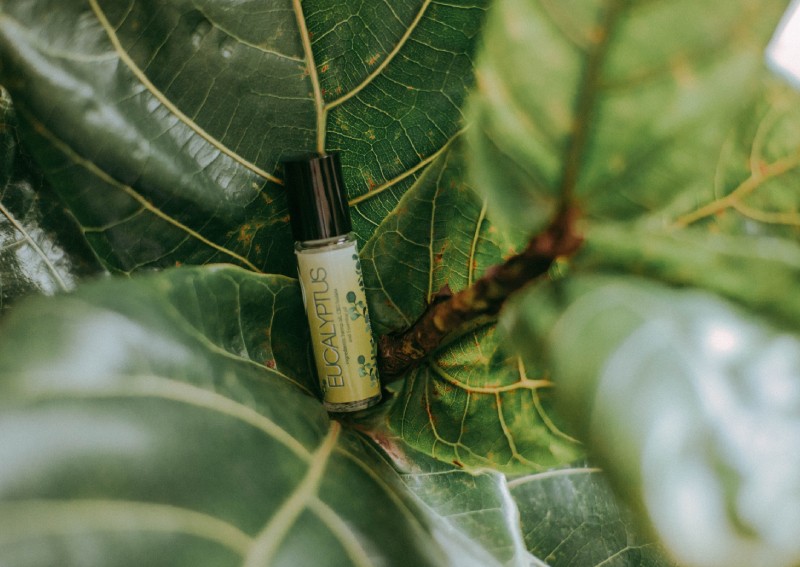Indonesian Ministry claims ‘antivirus necklace’ prevents Covid-19, experts beg to differ

The Agriculture Ministry plans to release a eucalyptus-based “antivirus necklace” that minister Syahrul Yasin Limpo claims can help prevent Covid-19 transmission.
The “antivirus necklace” was “invented” by the ministry’s Health Research and Development Agency (Balitbangtan) and will be mass-produced next month, he said.
It is one of four products developed by the ministry’s researchers intended to treat or prevent Covid-19.
“It was [developed] by Balitbangtan. From 700 species of eucalyptus, our lab test results showed that one kind could kill the coronavirus. We are certain,” he said on Friday as reported by tribunnews.com.
The former South Sulawesi governor boasted that the product could “kill” 42 per cent of the coronavirus if worn for 15 minutes.
“We have tried it. If we [use it] for 30 minutes, it can kill 80 per cent [of the coronavirus].
“We have also produced a roll-on [product]. If we ever get cut by a knife, the wounds can be healed by applying the product,” Syahrul claimed.
He also claimed that the product gave him the confidence to visit crowded places. He said he had used it several times during work visits to inspect agriculture production.
Separately, Balitbangtan head Fadjry Djufry said prototypes of eucalyptus-based inventions had been used by Covid-19 patients. He claimed the results showed high rates of recovery following treatment with the products.
“We tested 20 employees from the Agriculture Ministry who had tested positive for Covid-19.
“Their testimonies after inhaling and being treated [with the product] were positive. It helped improve their breathing,” Fadjry said as reported by tribunnews.com.
Despite the claims made by the minister, experts are deeply skeptical, saying there is no scientific evidence that such products can fend off the virus.
“We know that the world has not yet found a cure for the disease.
“I think it would be wise for us not to spread further claims to a panicked society,” Herawati Sudoyo, the deputy director of the Eijkman Institute for Molecular Biology, told The Jakarta Post on Sunday.
She said the research on eucalyptus was still at the basic level of molecular modeling and had not been peer reviewed.
Even if eucalyptus was found to be effective at killing viruses, the scientific research should have focused on an active natural component, she added.
“For example, scientists developed the artemisinin component isolated from [the sweet wormwood] plant for curing malaria. But scientists do not just take all of the plant,” she said.
She noted it usually took a long time to develop a drug or vaccine as a cure for a disease, especially when those treatments were developed from herbs.
Berry Juliandi, a lecturer at the Bogor Agricultural University (IPB) Department of Biology, echoed Herawati’s sentiments, saying that although the Eucalyptol 1.8-cineole component derived from eucalyptus leaves was scientifically known for its antimicrobial properties, there was no proper clinical research showing that such components were effective at killing SARS-CoV-2 inside the respiratory system.
He said the ministry’s claims were dangerous as they could distort public awareness about the virus.
“The public could be easily believe that they have been saved from the virus with the non-scientifically proven antivirus necklace,” Berry, who is also secretary-general of the Indonesian Young Academy of Sciences (ALMI) told the Post.
Both experts warned the public to remain skeptical and question the validity of any claim, including those made by scientists, and to also verify facts from multiple sources.












Leave a Reply